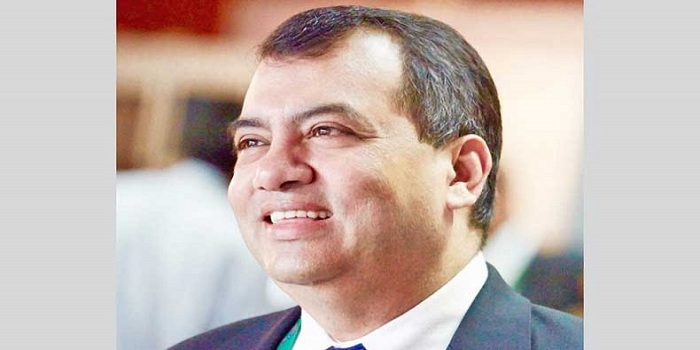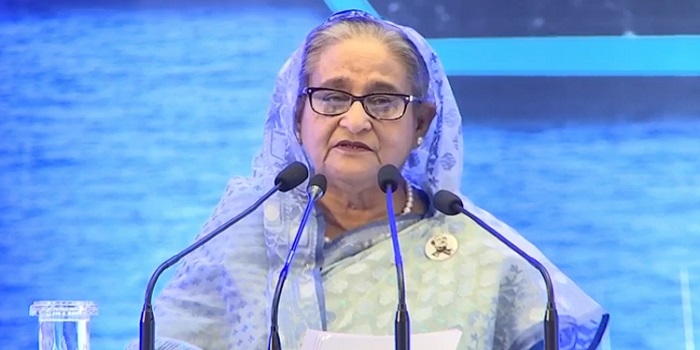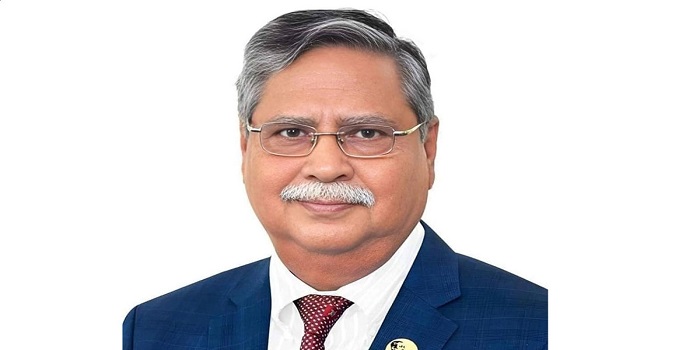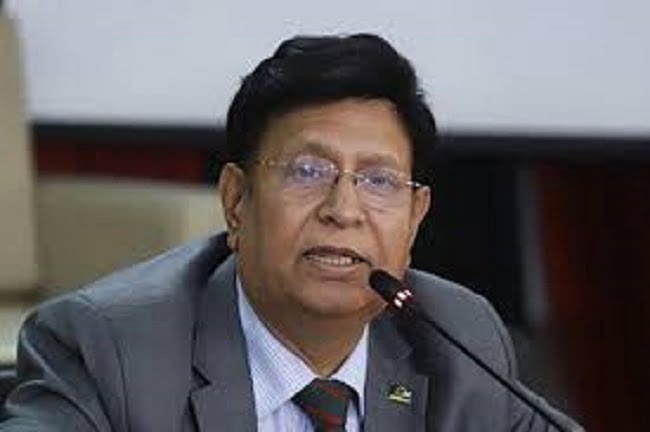Dhaka suggests engaging foreign civilian observers for Rohingya repatriation
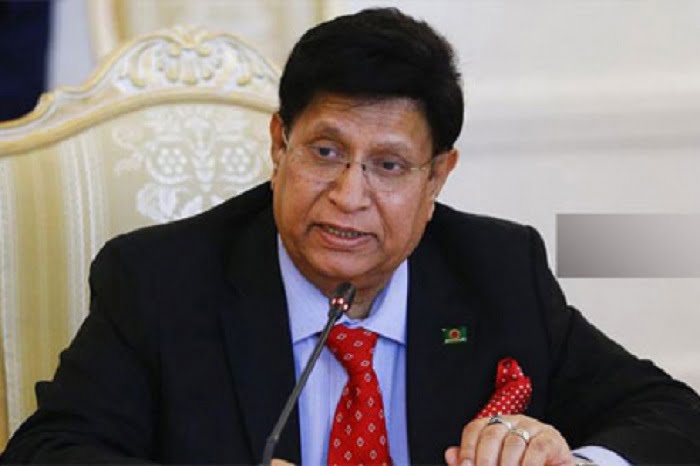
Dhaka today suggested Myanmar to engage non-military civilian observers from its friendly countries in Rohingya repatriation process to reduce trust deficit among the forcibly displaced people for returning to their land of origin in Rakhine with safety and security, reports BSS.
“In order to decline trust deficit and build confidence, we suggested Myanmar to engage non-military civilian observers from their friendly country like ASEAN, China, Russia, India or other friends of their choice,” he said.
Momen said the deployment of foreign civilian observers “may lessen trust deficit for a sustainable return” while Rohingyas are not returning to their homeland primarily as they do not trust their government about safety and security.
He was addressing the virtual ministerial meeting of “27th ASEAN Association of Southeast Asian Nations) Regional Forum (ARF)”, presided over by Vietnam Deputy Prime Minister Pham Binh Minh as the ARF Chair.
Bangladesh foreign minister sought support from ARF partners so that the hapless Rohingyas can return to their home in safety, security and dignity, resettle there, and reintegrate in their society.
“If this problem is not solved quickly, it may lead to pockets of radicalism and since terrorists have no borders, no faith, there’s a high possibility of creation of uncertainty in the region which may frustrate our hope for a peaceful, secure and stable region,” Momen expressed his fear.
He said Bangladesh is keen on solving the crisis through constructive diplomacy with good neighbourly spirit and following that Dhaka signed 3 instruments with Myanmar for Rohingya repatriation.
He noted that Myanmar agreed to take back Rohingyas after verification and also to create a conducive environment for their voluntary return with safety and security.
“But unfortunately, till today, none went back and instead of creating conducive environment, fighting and shelling is ongoing in the Rakhaine state,” he said.
Despite the threat to its economy, ecology, and overall societal impact, he said Bangladesh gave shelter, on a humanitarian ground, to nearly 1.1 million persecuted people fleeing massacre in Myanmar, their homeland.
About the pandemic situation, the foreign minister said “once vaccine is developed, it must be available to all without discrimination”.
He lauded Prime Minister Sheikh Hasina for taking timely actions to contain the spread of the Covid-19 infection and maintain low fatality rate in Bangladesh.
He also urged all to walk together in collaboration and in partnership to save the earth from upcoming `planetary emergency’ due to climate change. “We cannot look for plan B, as we have no other planet B. We must save this planet,” he said.
He said Bangladesh will always support the ARF initiatives regarding the issues including terrorism, climate change, irregular movement of people, drug trafficking and transnational crimes, those which can only be addressed through mutual trust and cooperation underpinned by multilateral arrangements.
Established in 1994, the ARF is an important platform for security dialogue in the Indo-Pacific to enhance peace in the region.
It comprises 27 members: the 10 ASEAN member states – Brunei, Cambodia, Indonesia, Laos, Malaysia, Myanmar, Philippines, Singapore, Thailand and Vietnam; the 10 ASEAN dialogue partners – Australia, Canada, China, the European Union, India, Japan, New Zealand, the Republic of Korea, Russia and the United States; Bangladesh, the Democratic People’s Republic of Korea, Mongolia, Pakistan, Sri Lanka, and Timor-Leste; and one ASEAN observer – Papua New Guinea.



